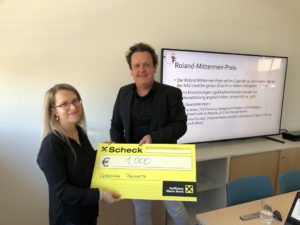 … ist der Titel des 1. Platzes des Roland-Mittermeir-Preises 2018 und wurde vom Förderverein Technische Fakultät mit EUR 1.000,–ausgezeichnet. Der Autorin und Preisträgerin, Frau Dipl.-Ing.in Veronika Pachatz B.Sc.B.Sc., wurde der Preis im Rahmen Generalversammlung 2019 übergeben und die Arbeit wird hier kurz vorgestellt:
… ist der Titel des 1. Platzes des Roland-Mittermeir-Preises 2018 und wurde vom Förderverein Technische Fakultät mit EUR 1.000,–ausgezeichnet. Der Autorin und Preisträgerin, Frau Dipl.-Ing.in Veronika Pachatz B.Sc.B.Sc., wurde der Preis im Rahmen Generalversammlung 2019 übergeben und die Arbeit wird hier kurz vorgestellt:
In einer zunehmend datengetriebenen Welt gewinnt die Geheimhaltung von vertraulichen Informationen stetig an Bedeutung. Die Verarbeitung von vertraulichen Informationen setzt technische Maßnahmen voraus, um den unbefugten Zugriff auf vertrauliche Daten effektiv zu unter- binden. Eine technische Maßnahme ist der Einsatz von Verschlüsselungen, deren Sicherheit auf der Geheimhaltung der verwendeten Schlüssel beruht. Jedoch können auf verschlüsselten Daten bisweilen nur einfache und spezifische Operationen durchgeführt werden, die unter bestimmten Voraussetzungen sogar Chosen-Instruction-Angriffe (CI-Angriffe) ermöglichen.
Durch den Einsatz von Multiparty-Computations anstelle einer Verschlüsselung können die vertraulichen Informationen einer Berechnung auf unterschiedliche Instanzen verteilt werden, sodass keine Instanz Zugriff auf die vollständigen Informationen hat. Die Verteilung der Da- ten erfolgt mit Hilfe von sogenannten Secret-Sharing-Protokollen. Secret-Sharing-Protokolle ermöglichen die Verteilung von Geheimnissen auf eine beliebige Anzahl an Teilnehmern, wobei nur eine qualifizierte Teilmenge der Teilnehmer das Geheimnis kooperativ rekonstruieren kann.
Der Fokus dieser Arbeit liegt in der Implementierung und Sicherheitsanalyse von Protokollen zur Durchführung von verteilten Berechnungen mittels Secret-Sharing. Im Rahmen der Sicherheitsbetrachtungen wird die Anwendbarkeit von CI-Angriffen auf Secret-Sharing-Protokolle, ähnlich zur Vorgehensweise bei Verschlüsselungen, evaluiert. Dabei werden zwei konkrete, neue Möglichkeiten eines solchen Angriffs auf Secret-Sharing-Protokolle und dafür notwendige Voraussetzungen erläutert. In beiden Szenarien wird Angreifern der unbefugte Zugriff auf das Ergebnis verteilter Berechnungen ermöglicht, indem vorhandene Sicherheitsmechanismen zweckentfremdet werden.
Neben der theoretischen Diskussion von Angriffsszenarien auf Secret-Sharing-Protokolle werden zwei Werkzeuge zur Ausführung von verteilten Berechnungen vorgestellt. Die Werkzeuge erlauben die Ausführung verteilter Berechnungen zwischen beliebig vielen Instanzen innerhalb eines Netzwerks.
Die im Rahmen der Masterarbeit entwickelten Prototypen wurden nach Fertigstellung der Masterarbeit unter folgenden Links veröffentlicht: https://github.com/pacver/secret-sharing-client, https://github.com/pacver/secret-sharing-library

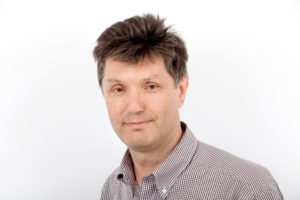

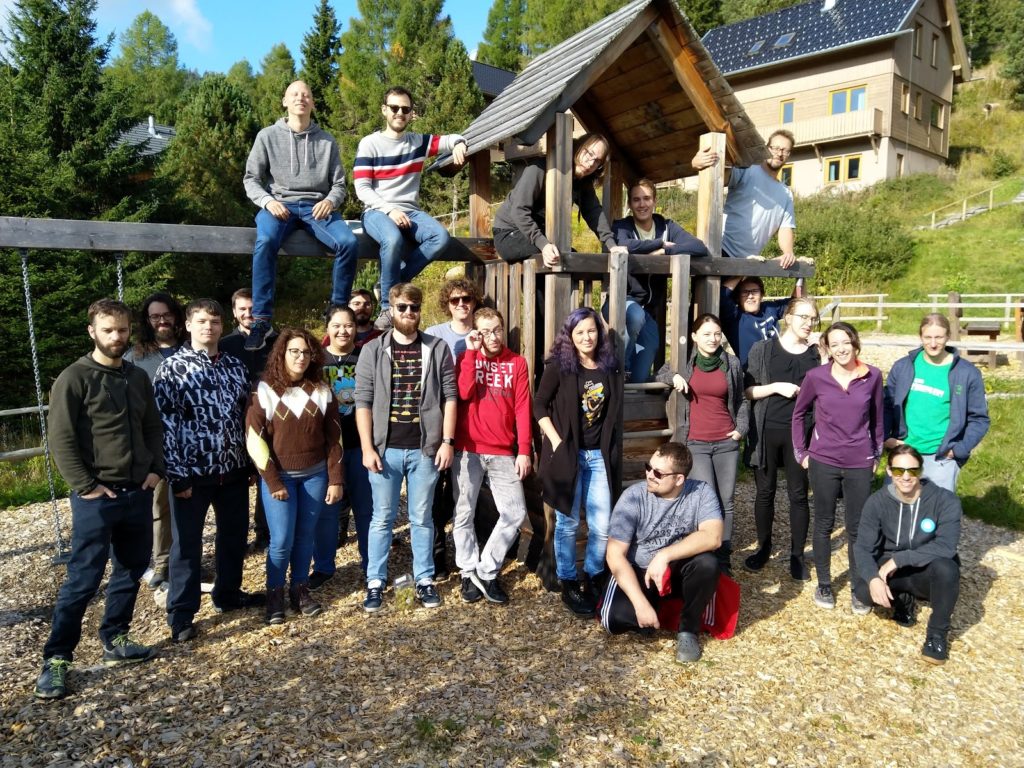
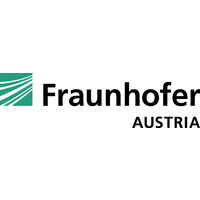 2.10.2019 | 10:00 Uhr | Universität Klagenfurt | Oman-Saal
2.10.2019 | 10:00 Uhr | Universität Klagenfurt | Oman-Saal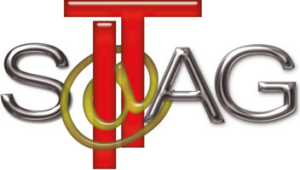 16. Oktober 2019 | Messe Klagenfurt
16. Oktober 2019 | Messe Klagenfurt

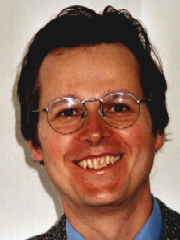 Abstract
Abstract PROGRAMM
PROGRAMM